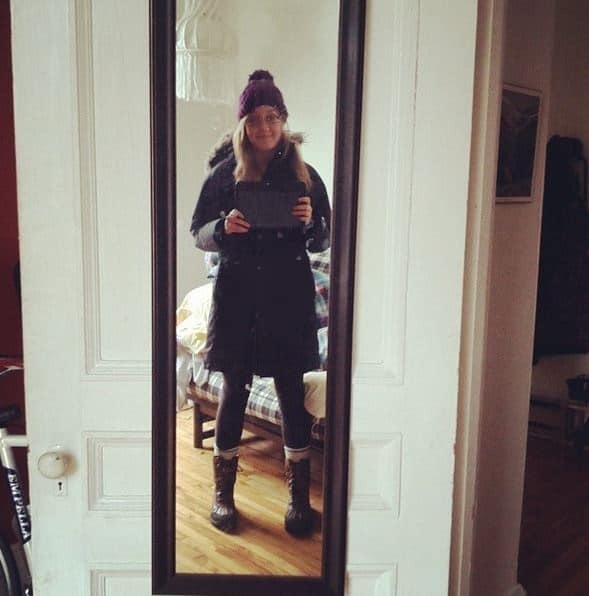I once said the following to my father: “If I ever decide to do a PhD – please make sure you stop me.”
Shortly after making this proclamation, I sat across from my soon-to-be doctoral supervisor at a dinner and we talked all evening. I walked home with the makings of a PhD application proposal dancing in my head. I applied. I received an acceptance letter. I freaked out, and received many exasperated-but-knowing-looks from my parents who apparently know my ambitions better than I do.
Many people in academia have plotted this course for themselves since their undergraduate years. They made the effort to learn relevant languages, submit research essays to graduate journals so as to “publish” early, acquiring scholarships and grants along the way. I took a different path. I did an undergraduate degree in a field I wasn’t particularly fond of, I worked for a few years, and I decided I wanted to teach. In Quebec, one only needs a Master’s degree in a relevant subject to teach at the CEGEP (college) level. I quit my job, I did a “Qualifying Year” of relevant undergraduate history courses—it took an extra eight months of hard work to catch-up—but then I was officially in. I was ready to finish in a year and hit the job market.
Then something very unexpected happened: I fell in love with the Indian Ocean. And nineteenth-century British abolition campaigns. And ships. And Zanzibar. At the age of 25-and-three-quarters, I hadn’t seen this coming at all. Upon acceptance to the PhD program, I invested what little energy I had left (jumping around my apartment with my acceptance letter in my hand takes a lot of energy, guys) into acquiring a full understanding (as you should too!) of what a doctorate is, and what it is not.
I had extremely frank conversations with department staff and faculty members about money before committing to the doctoral program. I spoke to professors I admired, the graduate coordinator, the main graduate administrators and the funding people. Money is very competitively distributed, and it can be hard as nails to secure multi-year funding packages or external grants. Do we pay summer tuition? What kind of travel and conference grants are open to us? How are funding packages assigned? (I was surprised to learn that actual algorithms are used.) Make sure you understand the exact dolla’ bills you may or may not have coming.
Everything else I didn’t know, I asked. Do I need to take classes? Is there a comprehensive exam, and what does it entail? What are the language requirements? Do PhD students get to teach a course of their own during the degree? Do grad students have their own office space, and what does it look like? Can I store my books there? I grilled a few of the PhD students in the program on these subjects, too.
I thought about what I wanted my days to look like. Regular classes? Hours at the library? Do I want to be a teaching assistant? Do I want to live abroad for six months, one year, three years? Would I like to socialize with fellow students regularly, or should I keep work and play separate? Every department has their own culture and set of expectations for their doctoral students.
Most importantly, I had a very, very frank conversation with the main actor involved in this saga: myself. What did I ultimately want to achieve? What steps (and risks) was I willing to take to reach my goals? I sat myself down in an uncomfortable chair. I wrung my hands and creased my eyebrows. I gave myself a firm talking-to.
You know what I do want? I want to sit in the sunshine, in a long skirt and a sun hat, sipping a coffee, probably on a balcony, working on a book I’m writing. I want to teach a seminar of eager undergraduates and take them through the historical nuances of slavery, abolition and Indian Ocean World history. I also realized that I am willing to go into debt of all kinds to see these dream realized.
The process of applying to and finally signing up for a PhD program was a major exercise in letting myself pursue the things I wanted to pursue, without a concrete (and financial) endpoint. Critically, I came to understand that ambitions do not need to be quantifiable in dollar amounts. If you are contemplating a PhD, it is better to be completely informed about the road you will travel down, so that when you reach the road’s end, you can smile and match up the dreamy, happy snippets of the life you want for yourself with the life you are leading.
And let’s be serious—at the end of the day, how funny will “Dr. Yank” sound? Very funny. I’ll do it.



 Follow Us On Instagram
Follow Us On Instagram
